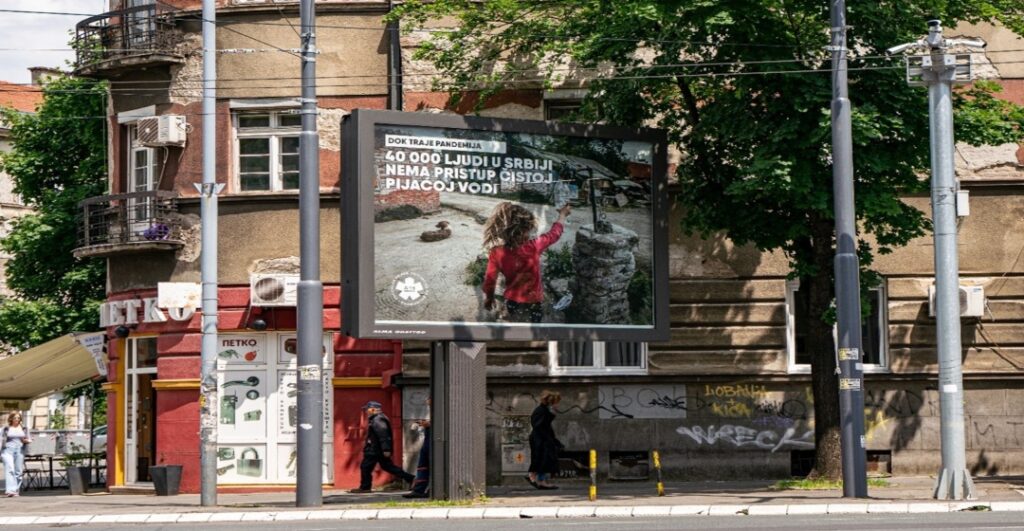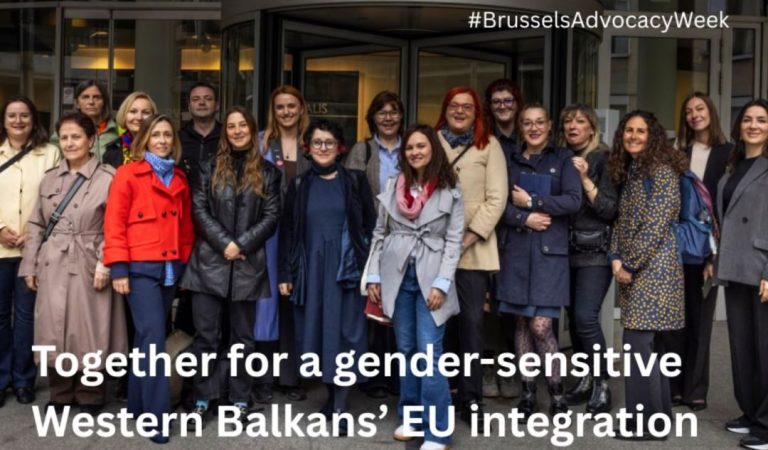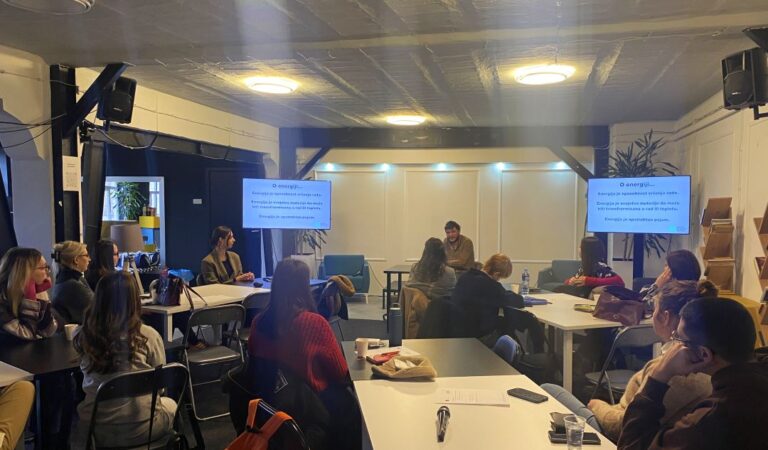At the time of the anniversary of the first wave of the coronavirus pandemic in Serbia, A 11 – Initiative for Economic and Social Rights (Initiative A 11) wants to remind the public that some Serbian citizens go through the pandemic almost completely neglected and forgotten, living in absolutely inhumane conditions.
These are residents of informal settlements throughout Serbia, almost 170,000 of them in more than 90 local governments (according to data from the research of the Office of the UN High Commissioner for Human Rights in Serbia and the Team for Social Inclusion and Poverty Reduction of the Government of the Republic of Serbia). The research “Mapping of subtenant Roma settlements according to the risks and access to rights in the Republic of Serbia” shows that about 40,000 people live without access to drinking water, and about 30,000 of them without electricity! For people living in these (non) conditions – nothing has changed during the pandemic.
A year ago, at the very beginning of the pandemic, Initiative A 11 together with Ombudsperson visited ten informal settlements in several Belgrade municipalities, in Kovin, Pancevo, Pozarevac and Kostolac. After these visits, the Ombudsperson brought a set of ten recommendations for local self-government units and competent ministries, the goal of which was to improve the situation in these settlements, having in mind the beginning of an uncertain fight against the pandemic.
According to the information received from the Ombudsperson, only five local governments have acted on the recommendations so far, out of a total of 174, namely: Novi Sad, Ljig, Niška Banja, Malo Crniće and Boljevac, which in percent is only 0.3!
Among other things, the Ombudsperson ordered local governments to provide a sufficient number of garbage containers, to clean and disinfect the settlements, to provide a regular supply of drinking water by bringing cisterns with clean water, to plan a larger number of packages with food and hygiene products, and provide residents with the necessary protective equipment.
The Ombudsperson then ordered the Ministry of Education, Science and Technological Development to undertake measures to enable children in these settlements to attend long distance classes, the Ministry of Health to enable health mediators to continue their work, and the competent social welfare centers to ensure the payment of one-time financial assistance as often as possible. The Ombudsperson then reminded all local governments that, in circumstances when the living standard of a large number of citizens is endangered, they can request the allocation of funds for the payment of one-time financial assistance from the state budget.
The living conditions of the inhabitants of informal settlements do not interest the general public.
Therefore, we wanted to draw the attention of citizens to this problem with documentary photographs and messages that directly point to the conditions in which these people live.
The photos are authentic and were taken in the informal settlements “Antena” and “Vuka Vrčevića” in Belgrade.
Photo: Sanja Knežević



